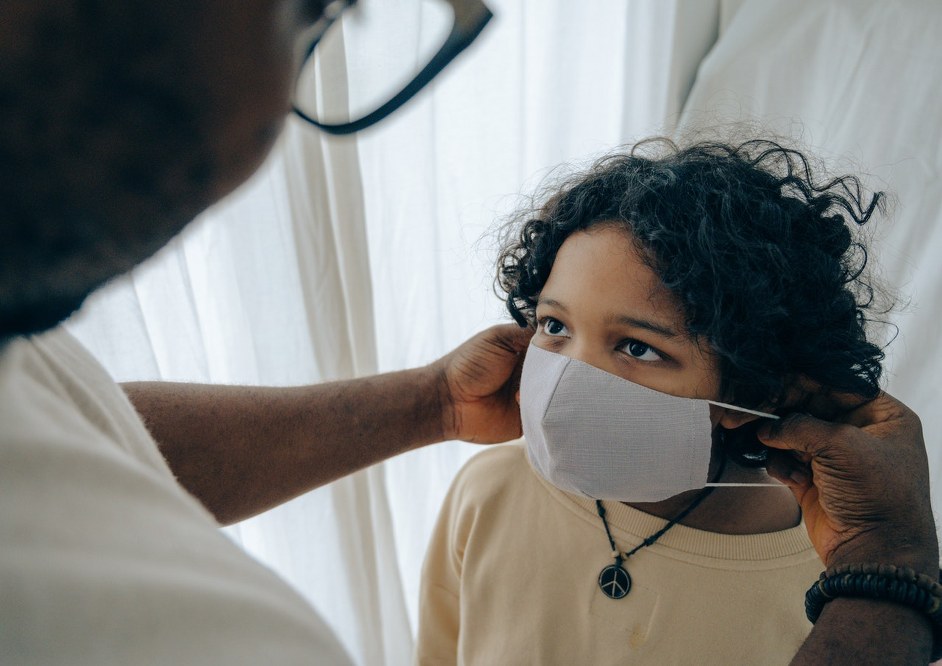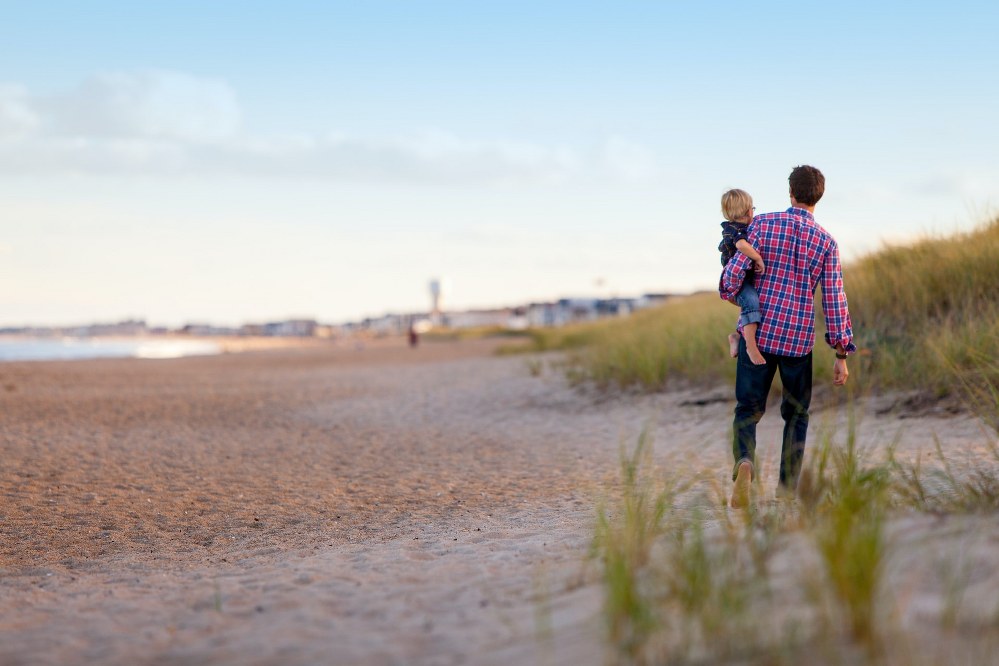Why we should not overlook or underestimate how the pandemic has affected our children’s lives.
We are all aware that COVID-19 has relatively little impact on kids’ physical health, but what about their mental health? Much of the conversation around the pandemic has focused on the economic crisis, search for a vaccine and the isolation experienced by different groups of adults. Yet little attention has been given to the short, or long term, impact of COVID-19 on children’s mental health and wellbeing.
Whilst the elderly and sick were forced to live much more isolated lives than before the outbreak of the pandemic, the younger generation is fighting an entirely different battle: Distance learning, exam fears and lack of social contact are just some of the factors leading to high levels of anxiety amongst kids as young as primary school age.
Loss of predictability
Our world is changing constantly and rapidly, and often in unexpected ways, as we all found out at the beginning of 2020 when COVID-19 hit us all like a ton of bricks. If the way the world has changed since has been difficult for adults to adapt to, think of the uncertainty it has caused our youngest, who lack the understanding for the reasons behind this change.
Young children are often thought of as resilient, due to their apparent ability to embrace change, yet this is a superficial and dangerous generalisation. Any parent will know that most infants and young children become distressed if their routine is disrupted. Kids need time to process change or they will become stressed, anxious, and insecure. They need daily repetition and routine to feel safe, yet there is no predictability in our lives right now: “The ground has been ripped from under them,” as paediatrician Prof Harriet Hiscock, a consultant paediatrician, who focuses her research on optimising mental health conditions, puts it aptly.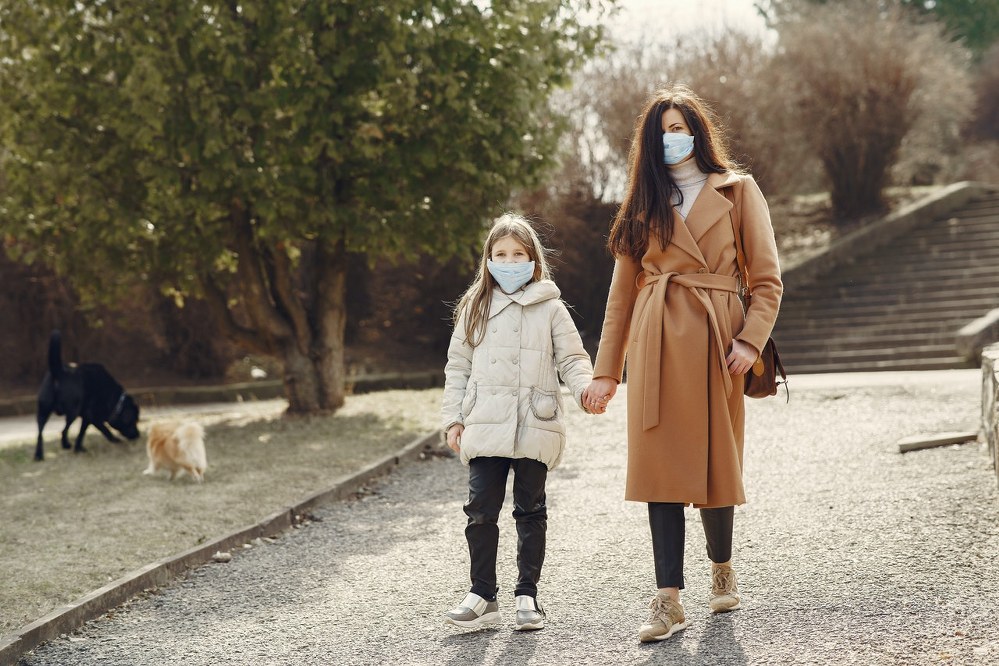
Loss of secondary relationships
We all know how important love, stability and consistency are for young children. The sudden absence of grandparents, childminders, friends and, in some cases, one parent in children’s lives will have had a detrimental impact on children’s emotional and possibly cognitive development. Such secondary attachment relationships are known to be important for the emotional development of young children and form part of their circle of security. Losing these people, if only temporarily, will cause uncertainty, which could lead to anxious attachment and result in depression or anxiety disorders later on in life.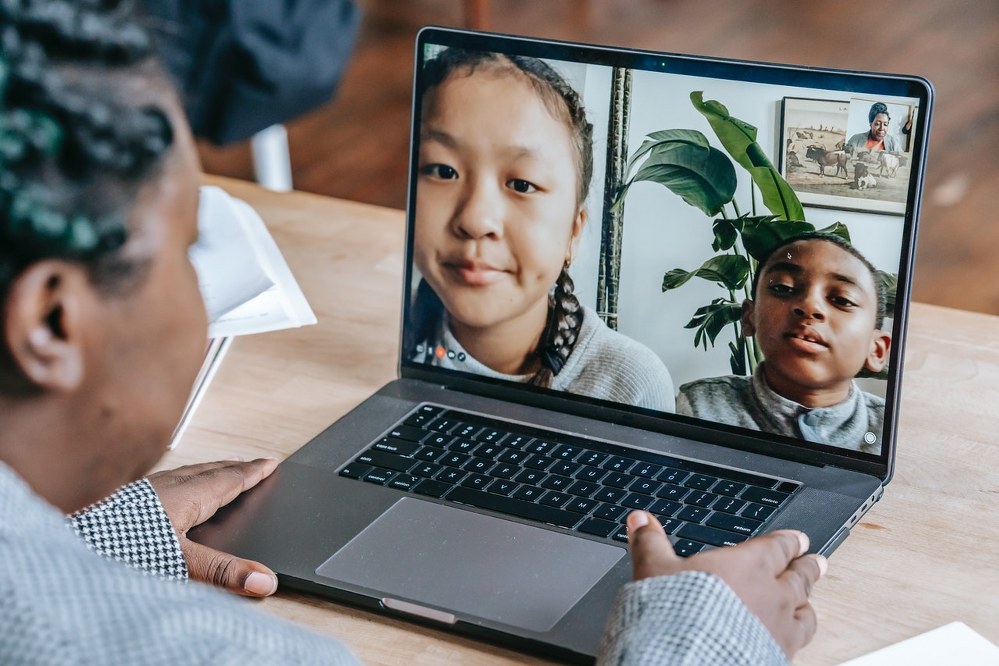
Anxiety cues from stressed-out parents
The closure of nurseries and schools resulting in parents pushed to the limit, trying to juggle caregiving duties and home schooling with paid work will have caused many tears and tantrums at home. If financial strain due to furlough or job loss is added to the mix, there is no doubt that stress and anxiety levels will be sky-high at home, making it likely that children of all ages will have felt the impact of the pandemic. The mental health of single parents would have been particularly affected, having to pick up the double load. We know that kids take cues from their parents, so if a parent is consistently stressed and anxious, rather than conveying a sense of calm, children will learn that certain situations are not ‘safe’ and react with anxiety themselves. Reducing parental stress levels, by keeping nurseries and schools open for example, as we have seen in the second wave of the virus, is a first step in the right direction to ensure children’s mental health is not.
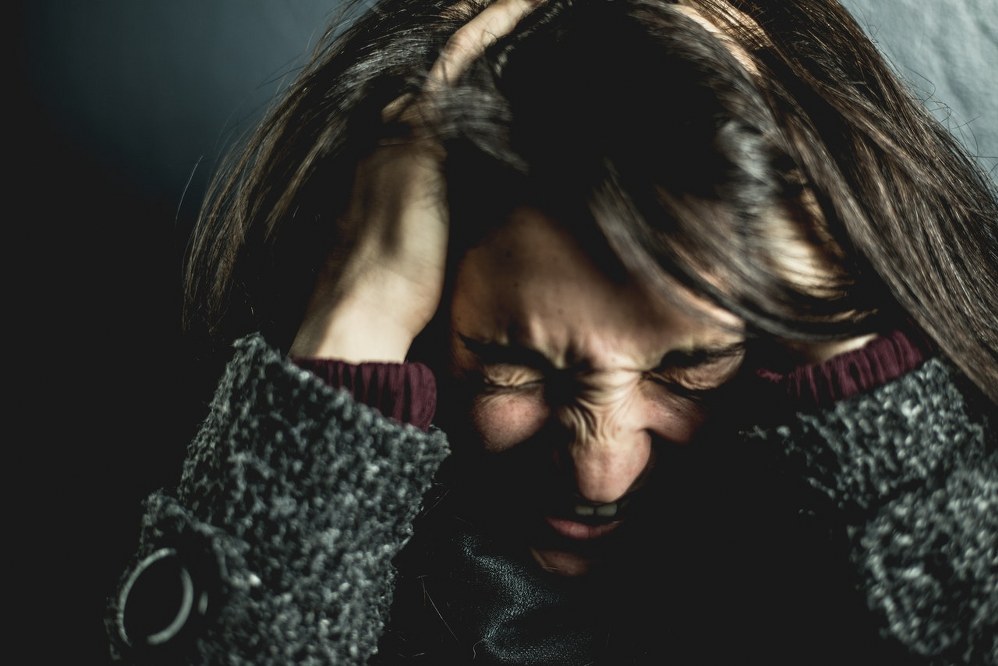
Lack of social interaction
Not only has schooling been disrupted, but children’s social life has also been adversely affected: Clubs, sporting events, holidays and birthday parties are cancelled, Halloween and other annual celebration restricted, hobbies put on hold. If you think these are small sacrifices in the big scheme of things, try to remember how important just one of these events felt when you were little and how gravely disappointed you would have been to miss just one of them.
Aside from the constant disappointment children face during the pandemic, early social interactions are known to be beneficial for child development and can contribute positively to the development of language skills, empathy, and confidence. A recently published review of the impact of social isolation and loneliness on the mental health of children concluded that children and adolescents are probably more likely to experience high rates of depression and most likely anxiety during and after enforced isolation ends. 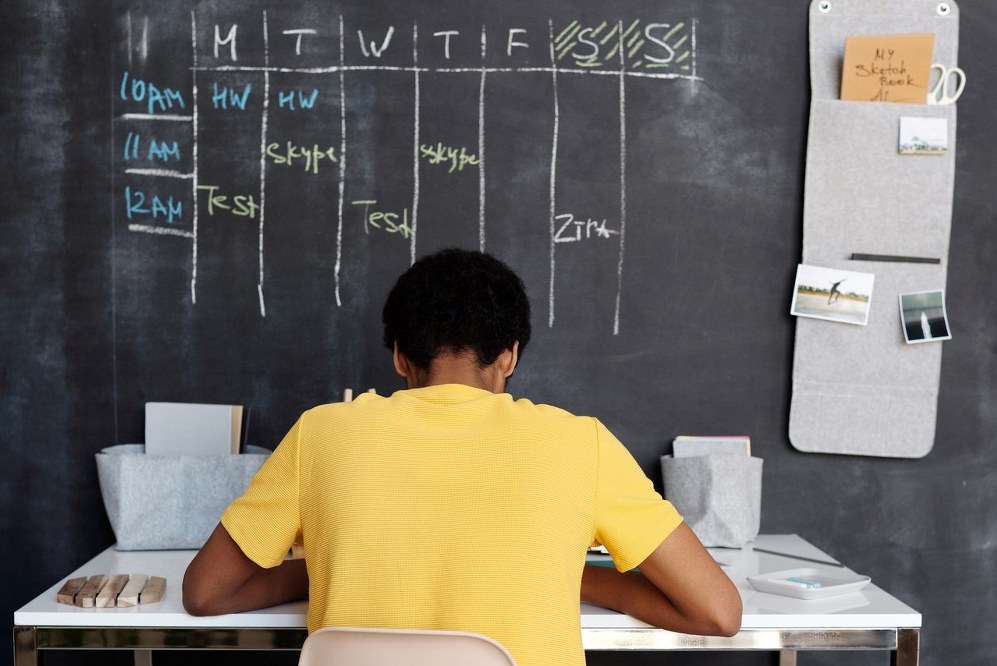
Living with fear
Whilst this statement may sound a little dramatic, try to put yourself into a child’s shoes: Very few of us have experienced an event in our lifetime, that has posed a threat so great that we had to fear for our health or that of our parents. Children of keyworkers are particularly affected and often scared seeing mum or dad go to work. This fear is exponentially greater the older the kids, who understand the risks better and often start fearing for the future, which has become uncertain.
Younger children may lack the understanding of the possible impact of COVID-19 on their lives, yet even the youngest grasp, that an event has and still is threatening everything that was normal until now. Whether it’s a playdate or a visit of grandma, it’s “because of the virus” as any 4-year old will be able to tell you. 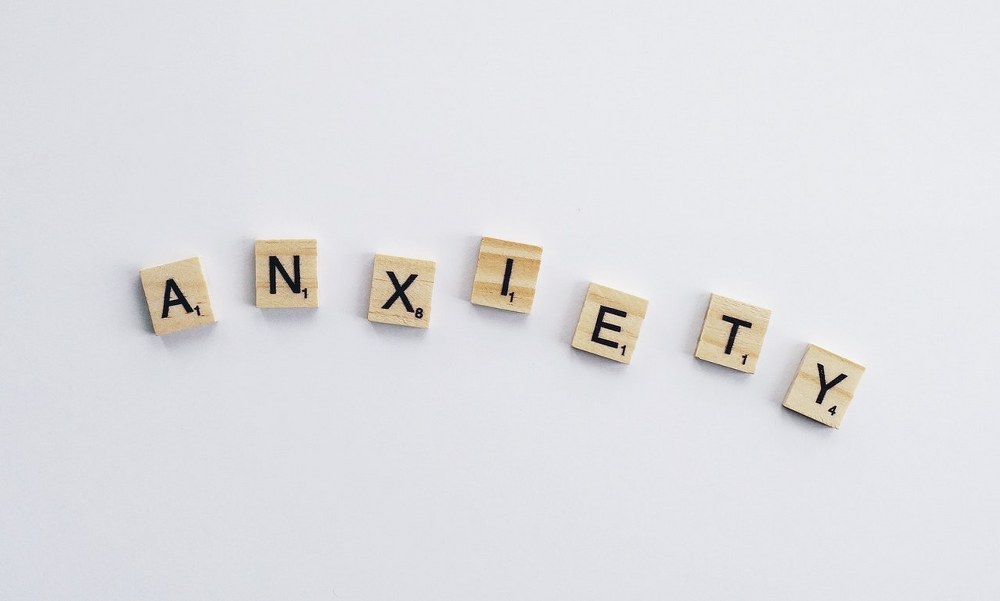
Naturally, the impact on our kids’ mental health will not be even. Some children are more anxious by nature, whilst others may be at higher risk due to their family situation. If a family is shielding due to a parent’s or sibling’s health condition, for example, the children in that family, will be affected much more adversely than a child who is able to eventually go back to school and adapt to the “new normal”. The most important thing right now is that we recognise the risks, talk to our children and act if we see a child’s mental health deteriorate whether it’s as a direct result of the pandemic or not. Hopefully, governments will recognise the impact of the pandemic on our children’s mental health sooner rather than later and put measures in place to support those affected.
About us:
Single Parents on Holiday have organised holidays for single parents since 2005. Sign up to our newsletter to stay up to date with news and single parent holiday deals.

